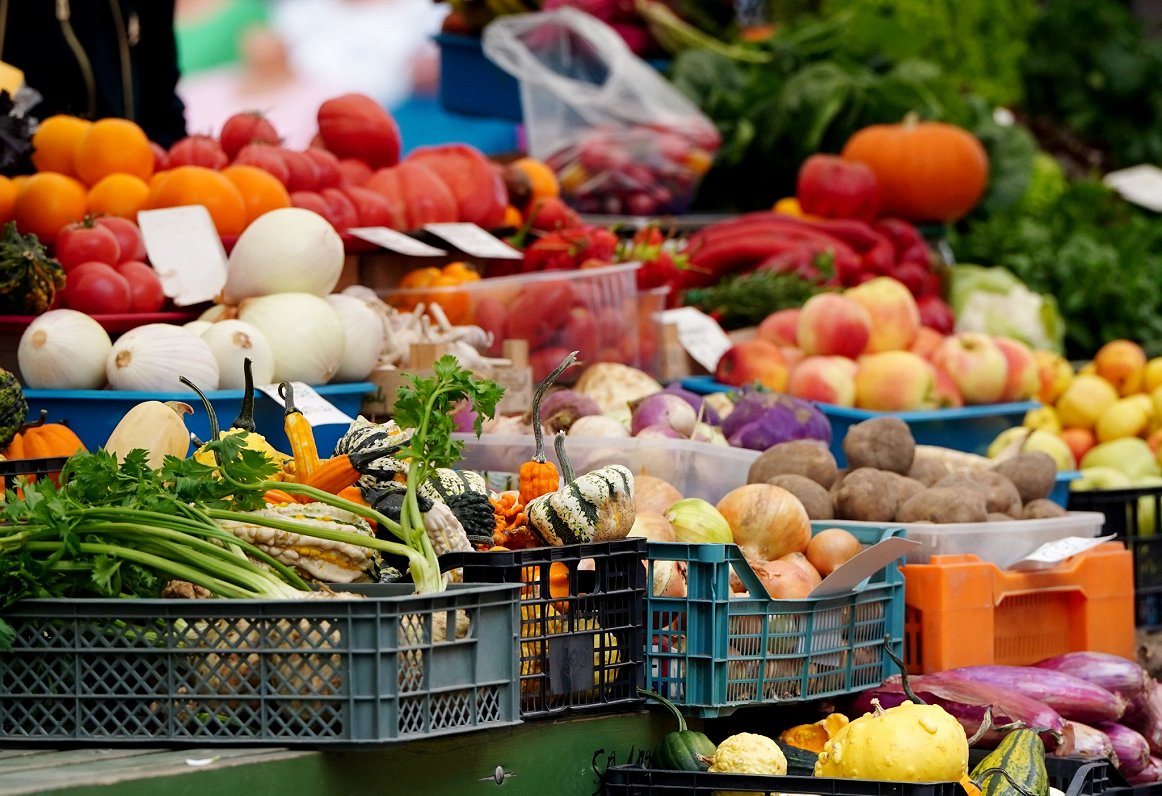Finance Minister Arvils Ašeradens (New Unity) and other representatives of the Ministry also participated in the talks.
Representatives of farmers' organizations said that the government's offer to apply the 12% VAT rate to Latvia's vegetables, fruits, and berries is not an acceptable solution for the industry.
Mārtiņš Trons, board member of the Farmers' Saeima, said that although after repeated calls to find time to meet with farmers, Siliņa and Ašeradens finally found an opportunity, none of the participants were prepared and did not want to listen to farmers and discuss the matter.
“I will not deny that we have also discussed a number of compromise solutions that could be offered to existing coalition partners, but when discussing them, we have realized that there are no and cannot be any trade-offs where a whole sector is threatened – growing vegetables, fruits and berries in Latvia,” said Trons.
According to him, Latvian farmers will have to compete with the grower of other countries, “possibly lower quality and food that is less safe for consumption”.
Trons urged the government to find a solution within the next five days and maintain the reduced 5% VAT rate for vegetables, fruits and berries characteristic of Latvia. “Otherwise, one of the decision-makers will have to take political responsibility,” said Trons.
The coalition announced the agreement to apply the 12% rate in late October.
The reduced VAT rate of 5%, instead of 21%, for fresh vegetables, berries and fruits for the duration of a pilot project was introduced in 2018. The reduced VAT rate was intended for three years. In 2020, the Ministry of Agriculture concluded that the criteria had been met with success, while the Ministry of Finance considered that the pilot project was not a success. However, the government agreed to roll over the reduced VAT rate until the end of 2023.





























